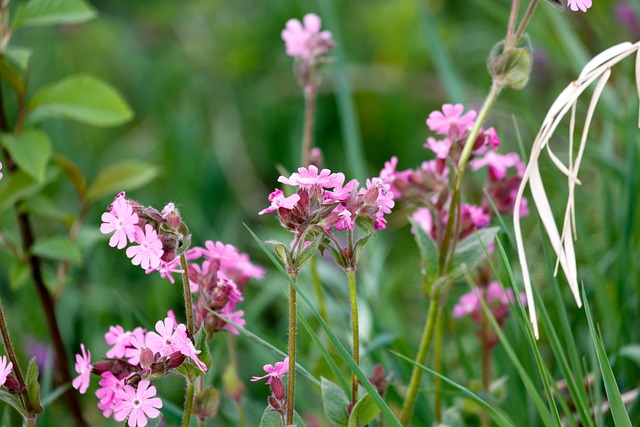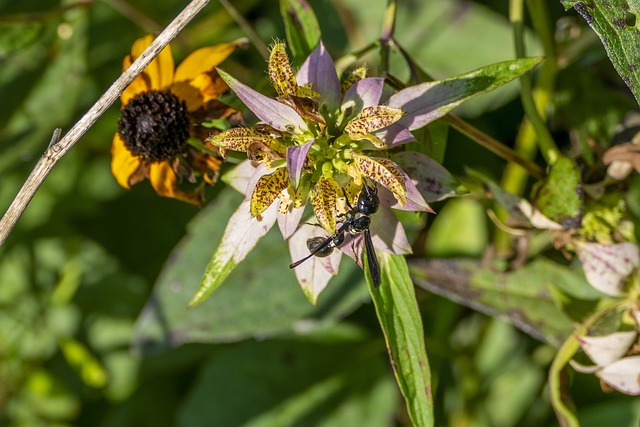pa 🏈 The Resurgence of Community Gardens: A Green Oasis in Urban Landscapes

The Resurgence of Community Gardens: A Green Oasis in Urban Landscapespa
In an era where urbanization continues to dominate the landscape of modern life, community gardens have emerged as vibrant sanctuaries that offer more than just a patch of green. These gardens serve as vital spaces for connection, nourishment, and environmental stewardship, fostering a sense of belonging and promoting ecological awareness among city dwellers. As cities expand, the importance of these green oases becomes increasingly paramount, providing a myriad of benefits that extend beyond horticulture.
Community gardens are often born from the collective efforts of residents who seek to reclaim vacant lots, transforming neglected spaces into flourishing environments. The initiative not only beautifies the neighborhood but also instills a sense of pride and ownership among participants. These gardens represent a microcosm of the community, where individuals from diverse backgrounds come together, share their stories, and cultivate both plants and relationships. Each plot tells a narrative of collaboration and resilience, as neighbors work side by side, exchanging gardening tips and culinary recipes, while nurturing friendships that often blossom as abundantly as the flowers around them.
The benefits of community gardens extend far beyond the aesthetic appeal they provide. They play a crucial role in addressing food insecurity, particularly in urban areas where access to fresh produce can be limited. By growing their own fruits and vegetables, participants not only reduce their dependence on grocery stores but also gain a deeper understanding of where their food comes from. This hands-on experience encourages healthy eating habits and fosters a greater appreciation for sustainable agriculture. Participants often report a sense of empowerment that comes from being able to provide for themselves and their families, transforming their relationship with food from passive consumption to active cultivation.
Moreover, community gardens contribute significantly to environmental sustainability. They promote biodiversity by offering habitats for various species, including pollinators such as bees and butterflies, which are crucial for healthy ecosystems. The act of gardening itself serves as a form of environmental stewardship, teaching participants about the importance of soil health, composting, and the responsible use of resources. As these gardens flourish, they also help mitigate urban heat, improve air quality, and manage stormwater runoff, contributing to the overall resilience of urban infrastructure.pa
The mental health benefits of community gardens cannot be overlooked. Numerous studies have demonstrated the positive effects of nature on psychological well-being. Engaging in gardening activities has been linked to reduced stress, anxiety, and depression. The act of nurturing plants provides a therapeutic outlet, allowing individuals to disconnect from the fast-paced demands of urban life and reconnect with the simplicity of nature. Moreover, the social interactions fostered within these spaces can combat feelings of isolation and loneliness, creating a supportive network that enhances community cohesion.pa

However, establishing and maintaining a community garden requires ongoing commitment and collaboration. Challenges such as funding, access to resources, and the need for continuous engagement can pose significant hurdles. Successful gardens often rely on the dedication of volunteers and the support of local organizations, highlighting the importance of community solidarity. Many gardens have implemented educational programs to empower participants with knowledge about sustainable practices, ensuring that these spaces continue to thrive for future generations.pa

As the world increasingly grapples with the consequences of climate change and urbanization, community gardens stand as beacons of hope and resilience. They remind us of the power of community action and the profound impact that nurturing our environment can have on our lives. These green spaces offer not just food for the body but also food for the soul, nourishing connections that transcend the barriers of modern life.
Ultimately, the resurgence of community gardens is a testament to the human spirit's ability to adapt and thrive in challenging circumstances. By cultivating these shared spaces, we are not only planting seeds in the soil but also sowing the seeds of a brighter, more sustainable future. As neighborhoods transform into thriving ecosystems, we are reminded of our interconnectedness and the profound importance of nurturing both our environment and our communities. In a world that often feels fragmented, community gardens provide a tangible reminder of what can be achieved when individuals come together with a shared purpose: to grow, to learn, and to care for one another.pa
Fale conosco. Envie dúvidas, críticas ou sugestões para a nossa equipe através dos contatos abaixo:
Telefone: 0086-10-8805-0795
Email: portuguese@9099.com


